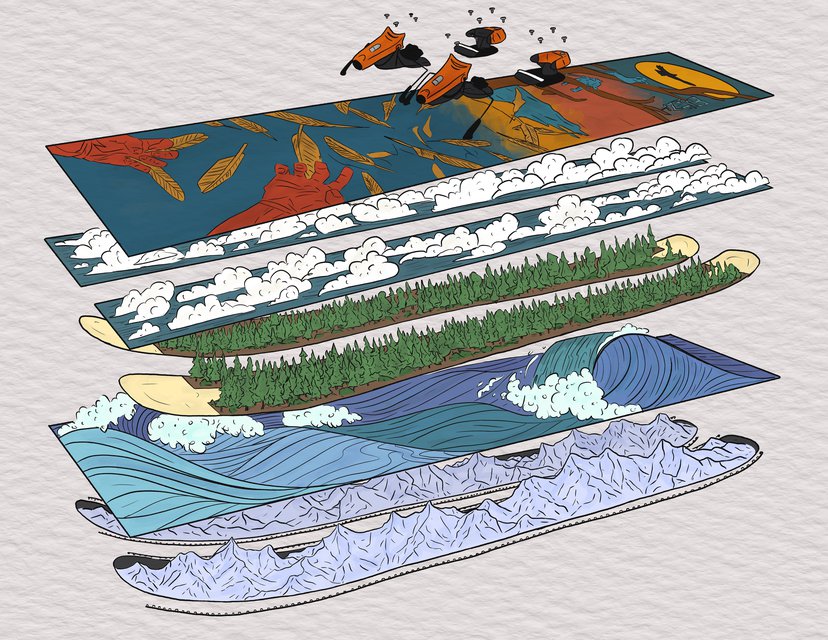And of course, a huge thanks goes to Jonathan at Blister Review for helping shape my reviewing process.
Go read their reviews, they do a great job!
Good is a relative term
This is the number one stumbling block of new reviewers.

A ski is good if they like it, and bad if they dont.
What makes a ski good is different for every skier.
There is no Best Ski out there, there is only the best ski for you.

The goal of reviewing gear is not to come up with a list of perceived facts about the gear.
Performance is relative but context is essential
That context carries through into every aspect of a review.
Saying a ski carves well isnt very useful.
Saying a ski carves notably better than these three similar skis is.
Saying this ski is really poppy doesnt really give us anything.
Explain how a piece of gear compares to your status quo.
The 1-10 flex scale that gets thrown around a lot in the ski industry is pretty useless without context.
Whats a 1 in your book?
How calibrated are your arms?
Do you always flex your skis in the same way?
When in doubt, leave quantified flex patterns to the engineers.
Instead, compare the flex to other skis, and explain how they feel on snow.
Dont fall prey to pretty marketing talk
Read the pretty little marketing blurbs attached to the gear youre reviewing.
Do your best to cut through the jargon and understand them.
But c’mon, c’mon dont write your review based on them.
Be self-aware
Think through your strengths and weaknesses as a skier.
Think through the characteristics of skis youve liked and disliked in the past.
And be upfront with those biases.
For a review to be useful, the audience needs to understand the reviewers priorities.
If you dont know what you like in a ski, you might not be ready to review skis.
Its totally fine to be a beginner to intermediate skier and write reviews of skis.
Know your audience
Similarly, know who youre writing for, and be explicit about it.
And then shape your review around that.
Feel free to be specific, tell people how a ski will work for their style or terrain.
Thats some of the most useful information you might give.
This is especially important when youre reviewing a genre-bending piece of gear.
Think about what sort of people should know about a ski, and write your review for them.
Its so tempting to speculate, say things like this ski is poppy because of the carbon stringers.
Have you skied versions with and without said stringers?
Its not your job to figure out why a ski rides the way it does.
Thats the designers job.
Avoid Cliches
This one should go without saying.
Do great pow skis rail groomers too?
No, it can be impressively stable for its weight, but something has to give somewhere.
The only exception, obviously, is any ski that can make the whole mountain your playground.
see to it your comparisons are relevant
Good comparisons make your review wildly more useful.
Irrelevant ones make you sound like an idiot.
And
Are these two skis comparable enough that somebody might be trying to decide between the two?
Recognize that, and give them explicit information that will help them on their path to new ski bliss.
Nobody cares that the Whitewalker 121 floats in pow better than your Vishnus.
How does it compare to the Bent 120?
Its incredibly gratifying to help people avoid wasting their money on gear they will hate.